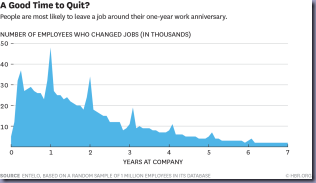Supposition – something that is supposed; assumption; hypothesis
Think of supposition, in sales parlance, as being synonymous with stereotyping. This is a dangerous approach to sale in that once you start making assumptions, you start derailing your qualifying skills. In most prospect situations, once you stop truly qualifying you are headed towards prospects that are welded on your forecast 90 days out. Eternally.
Proposition – the act of offering or suggesting something to be considered, accepted, adopted, or done
I suspect you are thinking of value proposition which makes sense. I read an interesting post that turned that term upside down. The author suggested selling to the customer’s value expectations rather than your value proposition. I agree. They went on to postulate that this approach leads to listening rather than proposing.
Supposition, in partner with proposition, leads to sloppy qualifying. Salespeople with these two habits tend to assume what is needed by the prospect without asking the right questions. This mental supposition then leads to them proposing what they feel is the best solution for the supposed problem. Circular and twisted logic all in one fell swoop!
The two better habits for salespeople in any sale is investigation and observation. Investigation – ask the right questions to get to the truth. Observation – simply put, listen…and watch body language, tonality, eye movement, etc. Salespeople with these habits are far more efficient qualifiers and typically are far more productive.
If you need help finding these types of salespeople, we can help.








